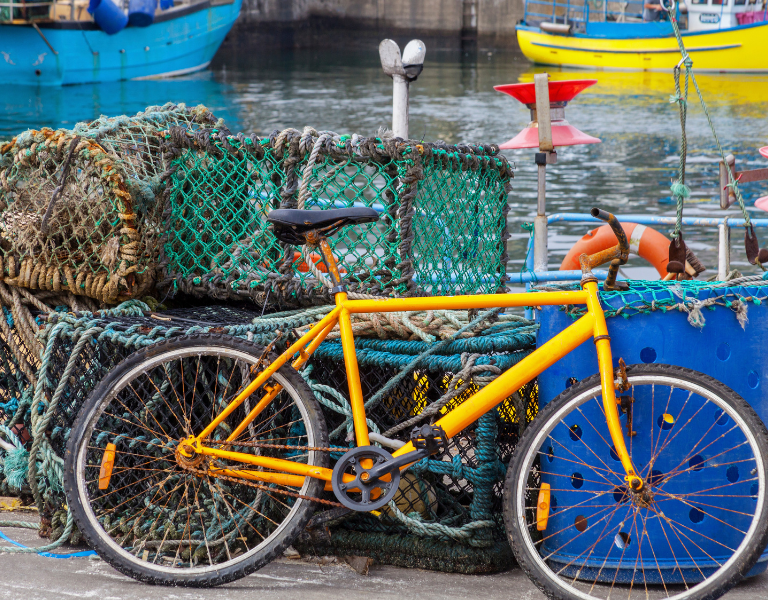A cross-party group of MSPs and campaigners is asking the Scottish Government to take a closer look at the ‘injustice’ of poverty in Scotland’s rural communities.
In a new report, the Scottish Parliament’s Cross-Party Group on Poverty says higher costs for fuel, energy, transport, food, and housing are pulling too many people in rural Scotland below the poverty line.
On average, they pay an extra £50 a week more on travel than people in urban areas. The report says that poor, expensive and non-existent public transport often cuts people off from employment, education, social connections, and other important public services like healthcare and childcare.
Group convener Paul O’Kane MSP said: “We should all be able to fulfil our potential, and live a decent and dignified life, regardless of where we live. This report asks how we can best help people living in rural Scotland free themselves from the injustice of poverty.
“In our inquiry for the report, we found that rural poverty in Scotland is deeply rooted but it is sometimes hard to see. However, among the handsome towns, idyllic villages, and beautiful landscapes of Scotland, some 15% of rural households have incomes below the poverty line. The challenges of poverty in rural Scotland are different from those in urban parts of Scotland, but they are very real.
“We can create focused, ambitious, and joined up plans to tackle the key structural causes of rural poverty highlighted in the report. We believe that transport, energy, and childcare should be among the early policy priorities for the Scottish Government and others.”
The Cross-Party Group held four evidence sessions as part of its inquiry, taking evidence and submissions from experts and organisations across Scottish civil society, and bringing together people with experience of living on a low income in rural Scotland with MSPs and the Cabinet Secretary for Social Justice Shirley-Anne Somerville.
The Poverty Alliance – Scotland’s national anti-poverty network – provides support for the Group, and recently launched a project called Taking Action on Rural Poverty, which will be looking at bringing together people with lived experience of poverty with politicians and policy makers, to find ways to make a difference on the ground. The project is being piloted in Aberdeenshire and Argyll & Bute.
Poverty Alliance director Peter Kelly said: “We think there remains a clear need for further research about how the injustice of poverty is being felt n rural Scotland, including who is experiencing it, where, what drives it and – crucially – what is working to combat it.
“This report highlights the enormous strengths of people in rural communities, and the evidence sessions heard about exciting possibilities around improving community access to assets like land and renewable energy.”
The report found support for piloting the idea of a Minimum Income Guarantee in a rural area of Scotland. The Guarantee would provide an income level that no-one would be allowed to fall below. The proposal is being developed by an Expert Group supported by the Scottish Government.
Peter Kelly said: “The report found evidence of enduring entrepreneurial spirit in rural areas, alongside community cohesion, a strong voluntary ethos, and a willingness to embrace new opportunities. A Minimum Income Guarantee would support local enterprise, and give people greater freedom and security to pursue their goals, and build a better life for themselves and their households.”


Enter your email address to receive regular e-updates about our work. If at any time you want to stop receiving these, simply contact us. We’ll keep your details safe and won’t share them with any other organisations for their marketing purposes. For full details see our Privacy Policy.